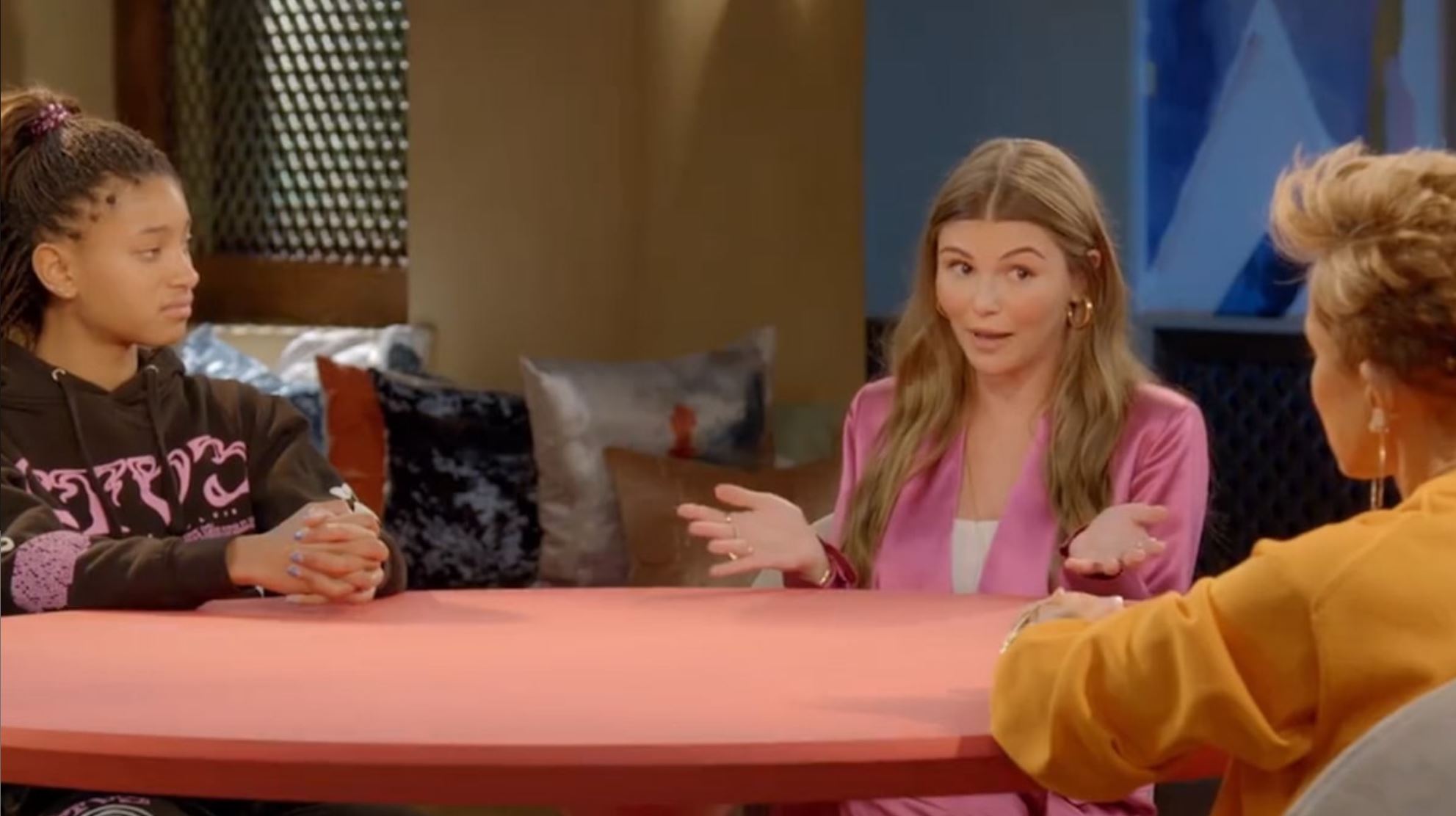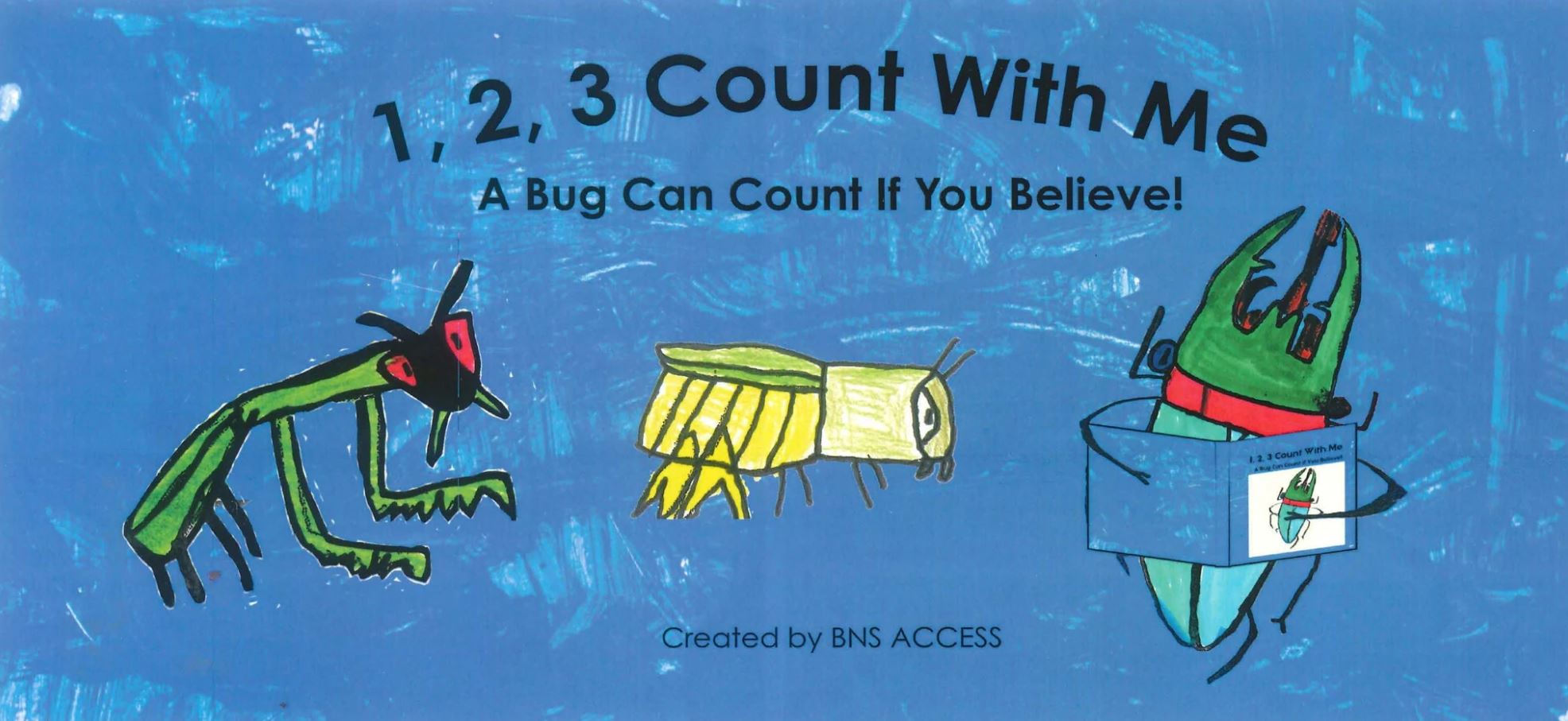The Soderbergh Oscars



Yesterday, the producers of the 93rd Academy Awards were announced: Jesse Collins, Stacey Sher, and Steven Soderbergh, who, yes, dressed like a member of Sgt. Pepper’s Lonely Hearts Club Band for his press release photo.
Welcome to the team, @JesseCollinsEnt, @StaceySher and Steven Soderbergh! Meet the 93rd #Oscars producers. https://t.co/D8iCIdiyyn
— The Academy (@TheAcademy) December 8, 2020
The 2021 Oscars are going to be WEIRD, there is no getting around it, but this is a pretty inspired selection of show producers for what will be, undoubtedly, the most bizarre Academy Awards in history. Collins is a veteran live-show producer, having produced several years’ worth of Grammys, BET Awards, and Soul Train Awards. He’s also done variety specials like Stand Up For Heroes—which they just did in remote, pandemic style, so he now has experience marshaling remote resources—and a Nickelodeon Christmas special. In 2021, Collins will produce the Oscars, the Grammys, and the Super Bowl half time show, which is some kind of hat trick. Meanwhile, Stacey Sher is a two-time Oscar-nominated producer, for Erin Brockovich and Django Unchained, so she understands the Oscars as an experience for the nominees and its role in the living history of Hollywood.
Then there is Steven Soderbergh. Some filmmakers spend all their energy trying to preserve traditional—outdated?—modes of viewing, and some filmmakers are constantly evolving and experimenting, and Soderbergh is the latter. This is a dude who is not interested in things staying the same. He will shoot movies on film, on digital, and on iPhones. He’ll make starry, A-list blockbusters and moody indies starring porn actresses. Steven Soderbergh is an eclectic motherf-cker, and I think that’s why he was hired for this job. This will be an Oscars like no other, might as well get a guy whose career is defined by risk and experimentation. Also, there’s the part where he directed Contagion, the movie that basically predicted the pandemic. He got a lot of press this year when Contagion shot to the top of the on demand charts early on in lockdown.
The question is what these Oscars will even look like. Will it be the Zoom Oscars? Will it be a mix of in-person and remote bits, like the Emmys? Will it be an in-person show with a limited audience? The Academy is “exploring” how an in-person ceremony could work, but it is hard to imagine that, even by April, an in-person show will really be possible. There will probably HAVE to be some remote elements. This is why I think they should be hiring the best and weirdest sketch writers in comedy, people like Tim Robinson (I Think You Should Leave), Robin Thede (A Black Lady Sketch Show), Nathan Fielder (Nathan For You), and Kyle Mooney (all the weird SNL sketches that get cut for time), and they should absolutely get John Mulaney and Marika Sawyer to write a new Mr. Music sketch with Jake Gyllenhaal. They’ll probably hire Bruce Vilanch again, but imagine what Nathan Fielder could bring to the Oscars in a year where “normal” is not the point.
Short of turning the show over to brilliant sketch writers—and reviving Mr. Music—getting Steven Soderbergh to do something experimental isn’t a bad move. Academy president David Rubin and CEO Dawn Hudson said in a joint statement that this is “the perfect occasion for innovation and for re-envisioning the possibilities of the award show”, while Collins, Sher, and Soderbergh released a statement saying that “there’s an opportunity to focus on movies […] we hope to create a show that really FEELS like the movies we all love” (emphasis theirs). So it’s going to be like a three and a half hour movie montage? Honestly, I wouldn’t mind that, the montages are often the best part of the ceremony.
But this is what the Oscars will need to do in 2021: focus on the films, and the people who made them, in a way that, while nontraditional, still feels like the best and brightest of Hollywood. The Oscars are, after all, Hollywood’s best commercial. Perhaps it won’t be as glitzy and glamorous as usual, but it could be a chance to reconnect audiences with the films we love in a way that isn’t about theaters or how we see them—which has dominated the conversation recently—but is about the films themselves, and the way they become part of our lives.

